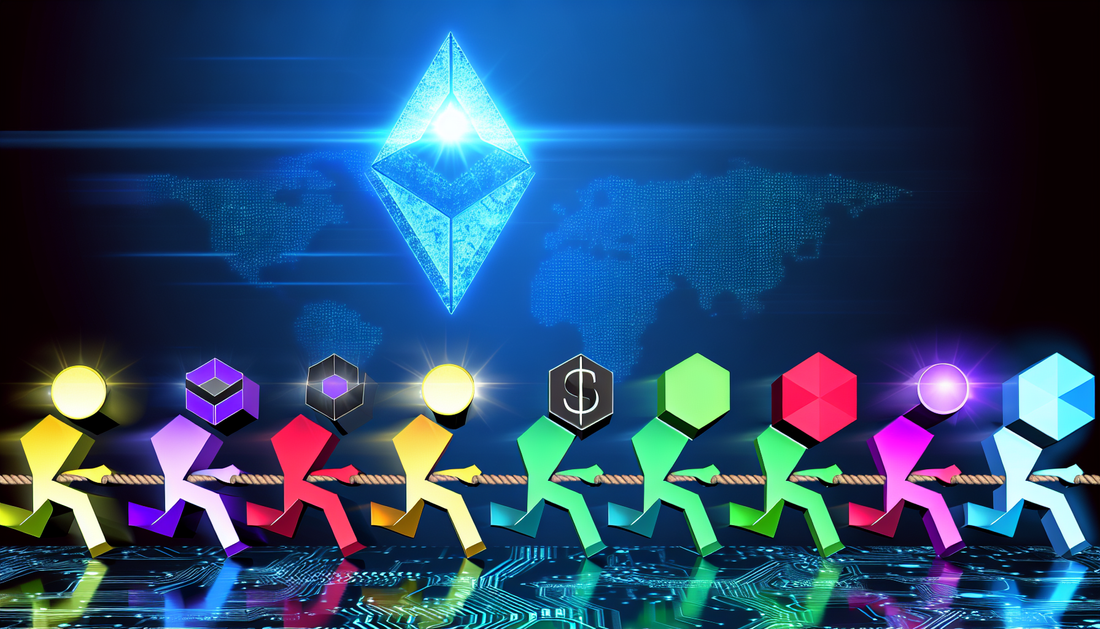
JST vs Competitors: Who Dominates DeFi?
Share
JST Compared to Rivals in the DeFi Space
JST (JUST) is a token in the decentralized finance (DeFi) space, contributing to the JUST ecosystem built on the TRON blockchain. However, numerous other projects aim to offer similar services, mainly in the lending, borrowing, and stablecoin management industries. Let’s examine how JST compares to some of its key competitors, including MakerDAO (MKR), Compound (COMP), and Aave (AAVE).
Platform and Ecosystem Comparison
JST plays a central role in the JUST ecosystem, which is built on the TRON network. The platform's primary purpose is to offer decentralized stablecoin issuance through USDJ, its algorithmic stablecoin. The JUST ecosystem allows users to issue, borrow, and manage stablecoins seamlessly, though it heavily relies on TRON, a blockchain that has a strong focus on scalability and low transaction fees.
In comparison, MakerDAO functions on Ethereum and utilizes MKR for governing the Dai stablecoin system. Being based on Ethereum, MakerDAO benefits from the broader decentralization and security that the Ethereum network offers. However, operating on Ethereum also introduces higher transaction fees during periods of network congestion, a factor where TRON, and by extension JST, might have an advantage due to its fee structures.
Compound and Aave are also Ethereum-based DeFi projects, specializing in lending and borrowing with COMP and AAVE being the governance tokens on their platforms. Both support broader lending and borrowing operations and boast substantially higher volumes than JUST, which primarily focuses on stablecoin issuance and DeFi within the TRON ecosystem. Compound and Aave also remain at the forefront for their integration into a wider network of decentralized applications and cross-chain functionality, providing them broader utility and appeal compared to JST’s more TRON-restricted focus.
Lending and Borrowing Features
While JST serves a similar purpose to some prominent protocols like MakerDAO, Compound, and Aave in terms of DeFi functions—namely collateralization and governance—its ecosystem remains more niche. JustLend, another part of the JUST system, fulfills lending and borrowing functionalities, but it lacks the extensive asset range supported by competitors like Compound or Aave. The latter two platforms have worked on multi-chain strategies, adding support for tokens from multiple blockchains, while JST remains largely tied to TRON-specific assets.
Furthermore, JST does not yet achieve the same level of adoption in terms of total value locked (TVL) or partnerships compared to these Ethereum-backed projects. Its reliance on the TRON ecosystem may also limit its broader adaptability, particularly in environments where Ethereum-based protocols continue to dominate.
